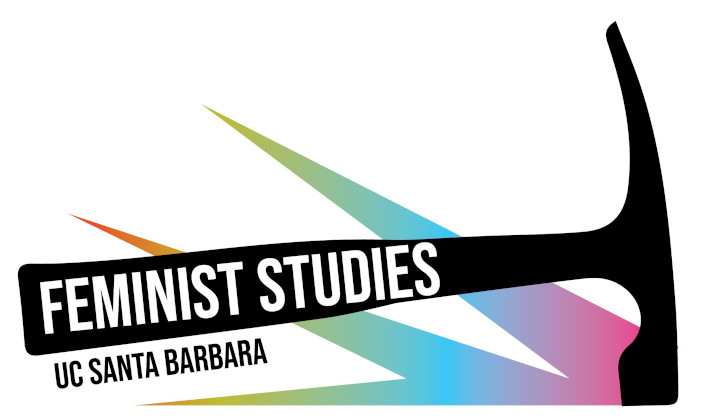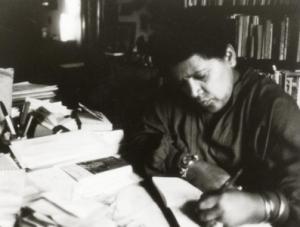FEMST 260: RESEARCH AND WRITING FOR GENDER LIBERATION
Winter 2024
Professor Jane Ward
One of the more controversial features of feminist scholarship is that we often pursue it not to contribute to knowledge for its own sake, but to end violence, to reimagine oppressive systems, to reshape dominate narratives, and to utterly transform the current conditions of human life. We are often motivated by ethical and political aims, which may run afoul of academic norms dictating scientific objectivity or a neutral, both-sides perspective to research and teaching. In this seminar, rather than resist or hide the ethical and political urgencies that drive us to our work, we are going to bring them to the fore and let them take the lead. Students will learn how to produce argument-driven, high-impact writing informed by feminist research. Drawing on examples of queer, feminist, and anticolonial writing aimed at making a broad public impact, this seminar examines what we actually mean when we say public facing research: what are its goals, what does it look like, where is it published, and with what actual impact?
This seminar also delves into the nuts and bolts of research practice, with close attention to the ethical and political questions that arise when we conduct research using feminist tools. Students will move through the research process step by step, from identifying a problem or question in need of investigation, to determining the best tools to embark on their investigation, to writing about what they find, to finding their authoritative voice, and then pushing their writing out into public conversation.
This course is both a survey of different ways to engage in feminist public scholarship AND a practical workshop that guides students through the process of developing their own original research project. We will attend to both of these tasks as best we can in ten weeks. Each week we will read short examples of feminist research design or feminist reflections on public-facing method, and we will simultaneously create a “think tank” or working group environment in which students share their progress on their research projects and receive feedback from their colleagues.
Topics:
- What is a research design and what makes a research design feminist?
- Finding your research topic. What are the stakes? What is the scope? What do you already know? Where do you need to go to conduct your investigation? Who do you talk to? What do you read?
- The costs of research: time, money, materials, respectability, and other obstacles
- Studying up, down, and sideways; inside and outside
- Power, access, accountability, giving back
- Research exhilaration, writing ecstasy, and finding your flow
- Reshaping public narratives, promoting your ideas and your authority

